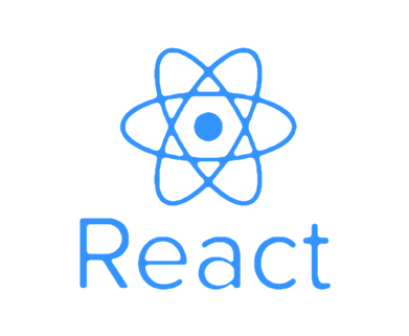
React is a JavaScript library for building user interfaces. It's used for creating single-page applications and mobile applications, allowing developers to build reusable UI components. React is particularly useful for building large applications where data changes over time, without reloading the page.





.webp)
.webp)
.webp)











